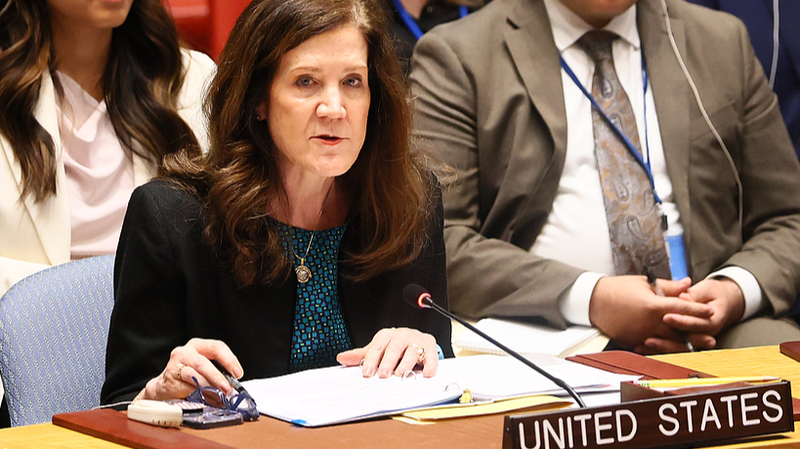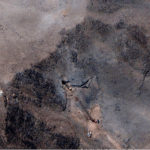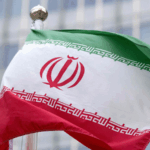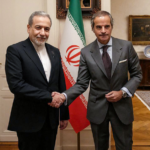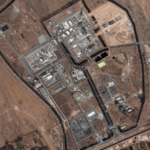Editor's note: Umair Jamal, a special commentator for CGTN, is a Qatar-based international affairs commentator and security analyst. The article reflects the author's opinions and not necessarily the views of CGTN.
Contradictions in U.S. Justifications
Recent U.S. military actions against Iran have intensified scrutiny of Washington's commitment to international law, with analysts pointing to glaring inconsistencies in its diplomatic narrative. Despite claims by the International Atomic Energy Agency (IAEA) that there is no tangible evidence of Iran developing nuclear weapons, U.S. airstrikes targeting Iranian facilities have raised questions about the transparency of American decision-making.
Erosion of Diplomatic Trust
The collapse of U.S.-mediated ceasefire proposals between Iran and Israel in late June underscored deepening regional tensions. Iranian officials rejected unilateral demands to halt military activities first, exposing fractures in Washington's ability to broker peace. Meanwhile, conflicting statements from U.S. leadership about the status of Iran's nuclear program have further weakened global confidence in American intelligence assessments.
Implications for Global Order
Experts warn that unilateral actions risk accelerating a shift toward multipolarity, as nations increasingly question U.S. leadership on nuclear non-proliferation. The potential for Iran to withdraw from the Non-Proliferation Treaty (NPT) following recent attacks highlights growing challenges to multilateral frameworks. Analysts note that such developments could reshape alliances, with regional players exploring alternative diplomatic channels outside traditional Western-led institutions.
As international institutions grapple with these tensions, the long-term consequences for global security architecture remain uncertain. Observers suggest that sustained dialogue through neutral platforms may become critical to preserving stability in an increasingly fragmented geopolitical landscape.
Reference(s):
cgtn.com
